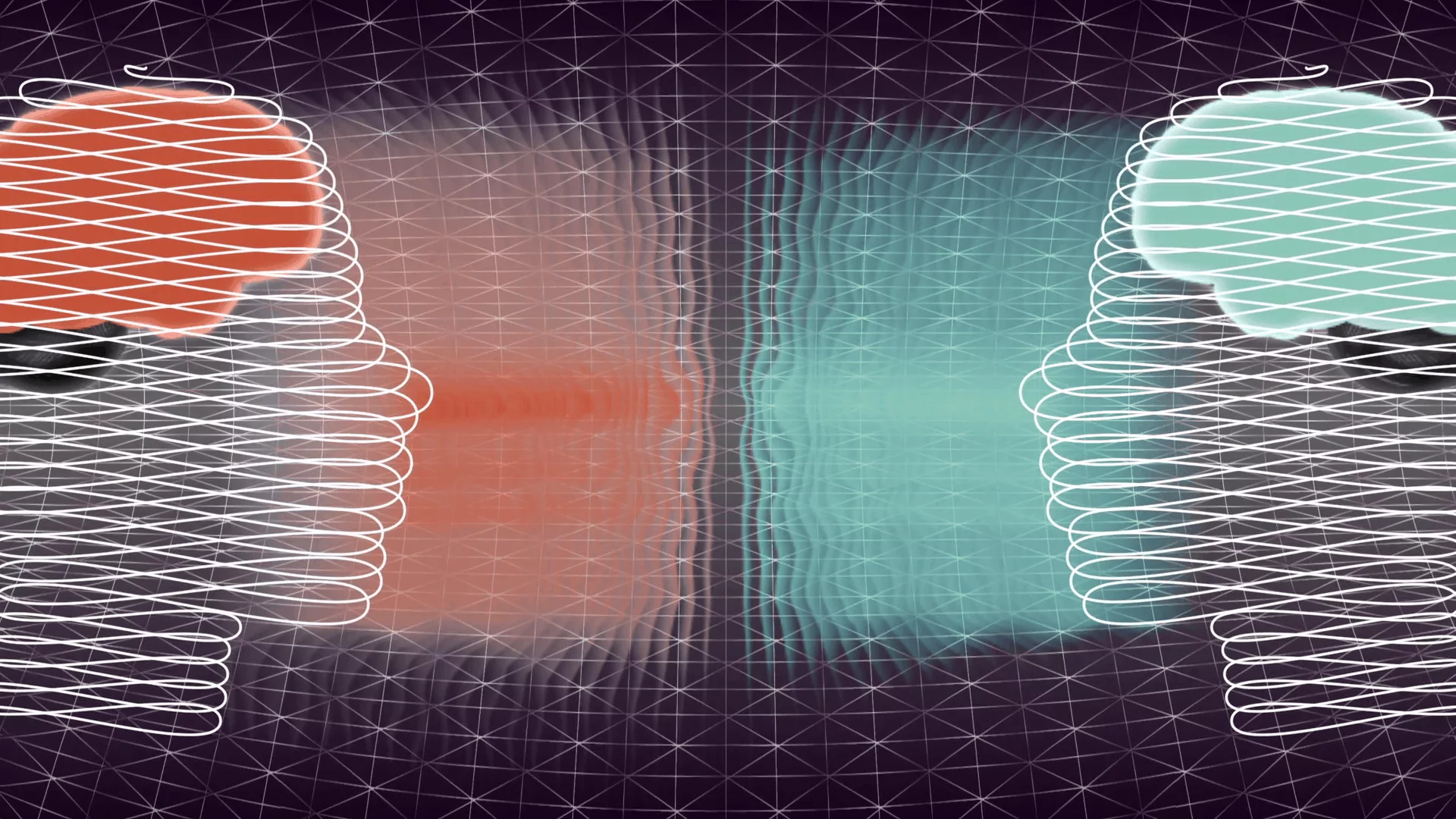Emerging research suggests mirror neurons may expose our predisposition to prejudice and empathy.
Mirror neurons were first discovered in macaque monkeys, at the University of Parma in Italy, by neurophysiologists led by Giacomo Rizzolatti. The researchers found a specific group of neurons responded when a monkey picked up a peanut, when simply seeing a person pick up a peanut and even hearing somebody preform the action in another room.
This discovery has lead to many studies and much speculation to the function behind these neurons. Emerging research suggests mirror neurons could drive our ability to empathize with others, but may also reveal our predisposition to prejudice and apathy.
In a study published by Current Biology, researchers scored participant’s empathy with a questionnaire “(e.g., ‘‘I believe that there are two sides to every question and try to look at them both’’; ‘‘When I’m upset at someone, I usually try to ‘put myself in his shoes’ for a while’’)“.
The participants were then played sounds corresponding to mouth and hand actions (e.g., kissing; ripping paper) while undergoing fMRI scans. Results indicated activity in mirror neuron system associated with observing the actions and preforming them; intriguingly “individuals who scored higher on an empathy scale activated this system more strongly”.
A study by Inzlicht, M., Hogeveen, J. and Obhi, S in the Journal of Experimental Social Psychology, shows the mirror neuron system responds differently with visible minorities. All white study participants viewed simple videos, in which men of different races, drink from a glass, while monitored with electroencephalogram (EEG) machines. The results showed the mirror system was significantly less likely to activate when the participants watched a visible minority. “In some cases when participants watched the non-white men performing the task, their brains actually registered as little activity as when they watched a blank screen.”
In a study published by PLOS ONE, researchers asked 17 Jewish males, between 18–30 years of age, to review biographies and photos of eight actors, which physically resembled the participants. Half of these biographies depicted dislikable neo-Nazis.
The participants were then shown video of the actors preforming a simple action “(e.g., grasping a water bottle and raising it to the lips)” while undergoing fMRI scans. Results showed distinctly different activity within the mirror system when viewing likable and dislikable actors.
A new study by Jennifer N. Gutsell and Michael Inzlicht published by the Journal of Experimental Psychology reveals how a high power mindset can directly affect our ability to empathize with others. Researchers asked participants to write an essay detailing either a high, neutral, or low-power experience, effectively priming their mindset.
Participants were then shown a video of simple motor function (i.e., a hand squeezing a rubber ball three to seven times) while observing the mirror region of the brain using transcranial magnetic stimulation. Researchers found low-power primed participants showed a boost in the mirror system, while the high-power primed participants activity was distinctly low.

